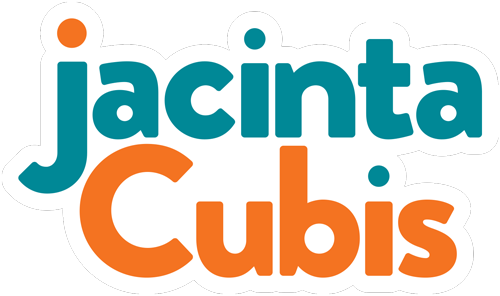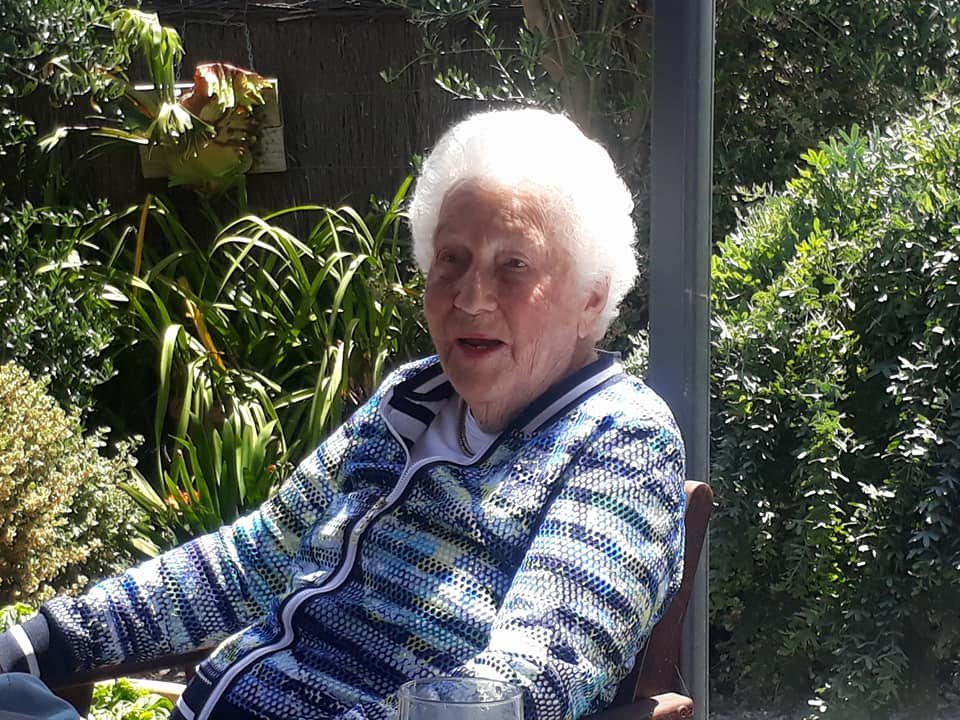A little more good conversation
At the age of 106, Joan Smurthwaite was delighted to find that she had something in common with Queen Elizabeth. ‘We both use a walking stick,’ she told the television reporter who interviewed her about her retirement from bridge in 2022.
She would have less in common with The King —Elvis that is. He called for ‘a little less conversation and a little more action’ in his song in 1968. I doubt Joan ever listened to it, but I reckon she’d take issue with the phrase. She was never one for ‘inaction’ but for Joan, too much conversation was never enough. But not just any conversation – it had to be ‘good conversation’.
Joan died on the last day of September. If you’re a regular reader, you’d know that she was my mother-in-law and inspired a few stories in my blog over the years. If you’re a new reader, I hope you will forgive my ode to Joan. I think you’ll find some insight for your facilitation, perhaps your life, in this one.
I wished I’d asked Joan what she meant by ‘a good conversation’. I imagine she’d say that a good conversation is a stimulating exchange of views and ideas, a bit of social back and forth, an interaction where people take turns to speak, listen to each other and build relationships. Sounds like some of the signs of a well-facilitated workshop, doesn’t it?
You see, for Joan a conversation wasn’t just about the content – much as she loved ideas and increasing her already vast wealth of knowledge. A conversation was about the people in it. That’s why she lost more than a game of cards when she retired from bridge. Living on her own, she missed connecting and socialising with others. Similarly with groups, it’s often the connections that are made between people, often strangers, which is the most important ‘outcome’.
Joan lived every single moment of her 107 years to the fullest and the time spent in good conversation were among her most treasured – especially with strangers. She climbed into a taxi after a Christmas lunch down the coast and hoped that the driver ‘was interesting’ as she wanted a good conversation on the long drive home to Melbourne.
Joan rarely took taxis after she stopped driving – public transport suited her thrifty nature. And every tram ride presented opportunities for conversation. She’d make a bee line for the most interesting-looking person sitting on their own and strike up a chat. Those chats then lived on for years after, serving as the basis for yet more conversations with others.
Sketch: by Jacinta Cubis
Joan took her last breath two weeks before Australia’s referendum about The Voice. She told her youngest son, my partner, that she was going to vote ‘yes’. I think she’d be disappointed by the result, and I am certain she would have been disheartened by the dearth of good public conversation about it in the lead up. She’d be keen to share and hear views on what this says about our country, what now for Australia’s First Nations people and reconciliation.
I think she would like what a young person said on in a news clip. ‘Regardless of what you think about the result,’ they said. ‘A conversation has started now and that’s productive.’
While it’s only started for some, many have been talking for decades, especially Australia’s First Peoples. I can understand why some feel ‘talked out’. Before the vote, one woman told me she couldn’t get on with her day job at a large hardware chain because she was the only Indigenous Australian her colleagues knew. She fielded question after question about the proposal. Another couldn’t make any more calls when we were volunteering. It was just too upsetting. She’d had enough. I can only imagine what these two women might be feeling now.
At this challenging time, I think Joan would encourage any conversations about the referendum to be ‘good’ ones. Ones that feature exchange over monologue, ideas over conformity, mutual respect over confrontation, openness over dogma, finding common ground rather than clinging to positions and respectful disagreement.
Above all, I hope she’d want us to stay curious. There were many reasons for Joan’s longevity and I think her undying curiosity was key, both to her ability to hold ‘a good conversation’ and enjoy life.
What characterises a ‘good conversation’ for you? I’d love to hear, just reply to this email. Maybe we’ll start a good conversation 😊.
If you are aiming for your next group conversation to a ‘good one’, I can help. Book a quick call with me.


